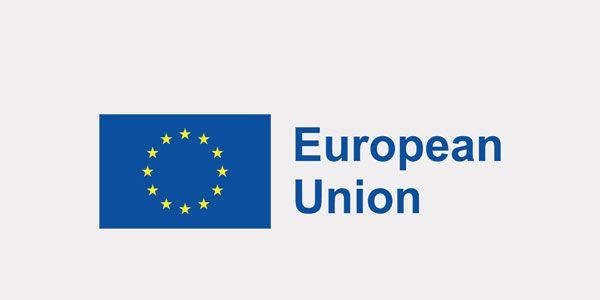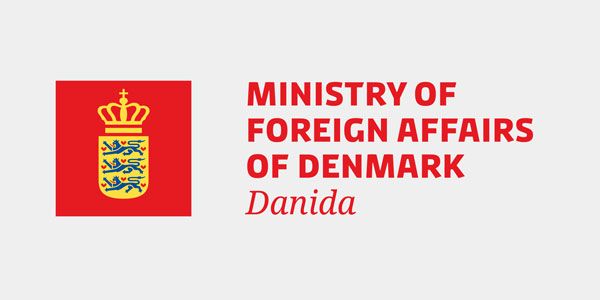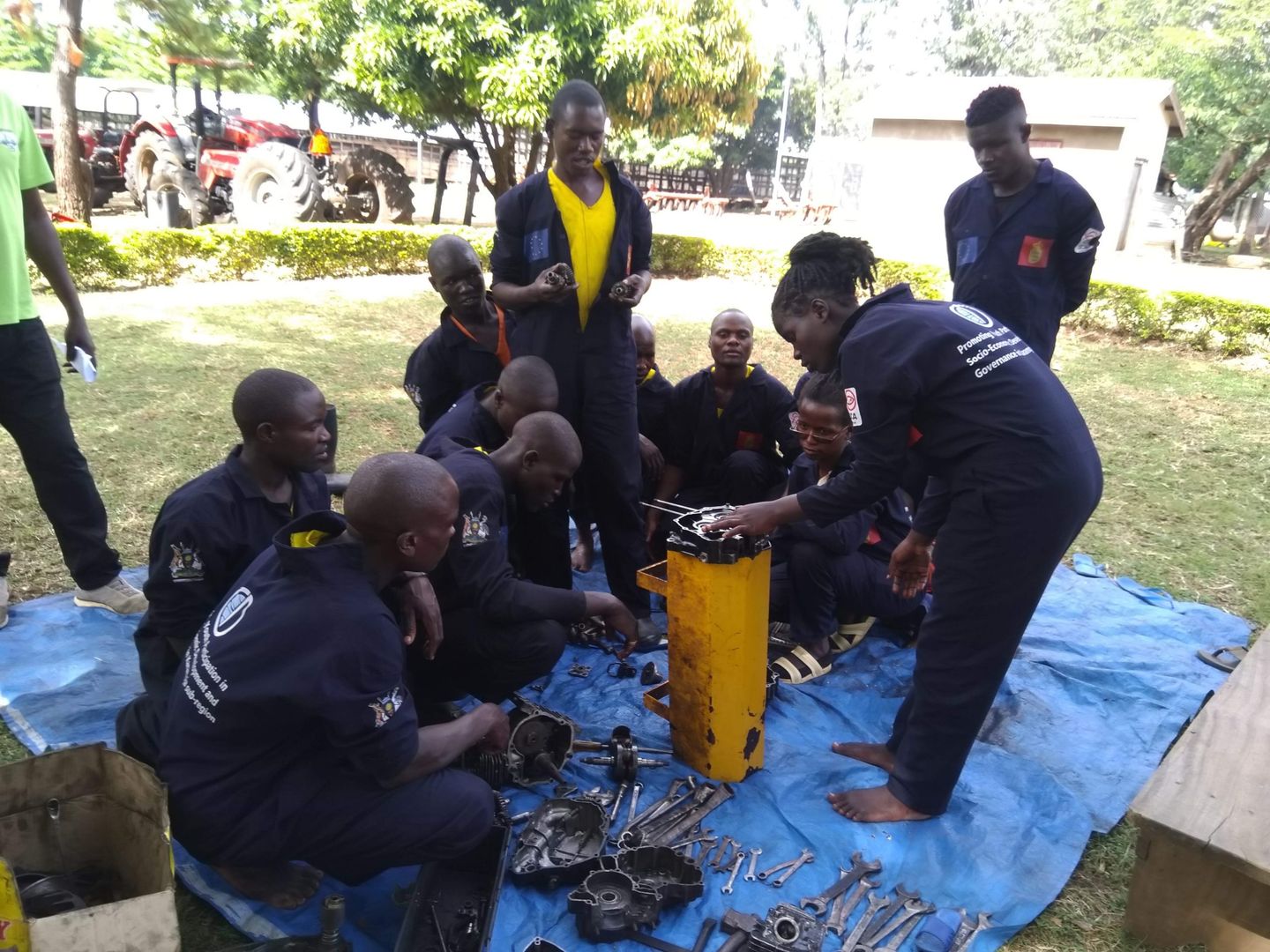The Issue
Uganda has the second youngest population in the world with over 78% below 30 years. This youth population is not significantly contributing to the country’s socio-economic development mainly due to high rates of poverty, high youth unemployment, weak youth organization and limited involvement of the private sector in youth empowerment. This means that Uganda’s youth dividend has not been adequately harnessed.
Karamoja, the target for this project, remains the most deprived sub-region in the country with its socio-economic indicators falling far below the national averages. The government of Uganda, together with development partners, have over the years implemented relief, recovery, and developmental programmes in Karamoja sub region but a lot remains to be done. Poverty remains pervasive with the subregions collective GDP accounting for less than 1% of Uganda’s total GDP. None the less, the return of peace means that the prospects of long-term development (hinged on its youthful population) are higher now than ever before, just like is the case for the rest of the country, however the potential contributions of the youth to the socio-economic development of Karamoja subregion has not been exploited.
The Project
The project promotes youth participation in socio-economic development and governance in Karamoja subregion by equipping them with both technical (vocational) skills as well as life skills for formal and self-employment, and for building their confidence to participate in decision making processes in their communities.
The Change
The action funded through the EU Civil Society Organizations-Local Authorities (CSO-LA) facility, is being implemented in Moroto, Napak, Nakapiripirit, Kaabong and Karenga Districts of Karamoja through a consortium of DCA Uganda, Cooperation & Development (C&D) and Caritas Kotido.
The action contributes to economic inclusion and empowerment of disadvantaged youth through equipping them with both technical (vocational) and life skills for formal and self-employment, as well as building their confidence to participate in decision making processes in their communities.
The pioneer cohort of 202 youth (131 male; 71 female) undertook training in agriculture, animal husbandry, motor vehicle repair and maintenance, tailoring, brick-laying and concrete practice/masonry; electrical installation, and governance and advocacy. Furthermore 30 youth organizations were identified and equipped with governance and advocacy skills to enable them to effectively engage with decision makers and other stakeholders.
The action uses a two-pronged strategy of “Skilling and Linking”. This means that the action supports skills development for the youth and then links the skilled youth to socio-economic opportunities.
To achieve this, 50% of the identified youth are equipped with vocational, business and entrepreneurial skills to enable them to engage in self, formal, or semi-formal employment, while all the 2,000 youth and the 30 youth organizations are benefiting from life skills training (i.e., communication, governance, leadership and negotiation skills), that build their confidence to participate in governance and decision-making processes.
The technical skills go beyond the traditional vocational courses to uncovering new skill sets that are required in the labor market, whether for self, semi-formal, or formal employment, (but with priority on self-employment).
As a complementary intervention, the consortium members are intensifying advocacy and lobbying both the central and local governments, the local leadership, and the private sector to create spaces for youth skilling, employability, and participation.
Advocacy will further include the need to review the training curriculum to make it more innovative, holistic (to strengthen life skills) and more relevant to the demands of the labor market. The consortium partners will continuously act as an additional voice for the youth by amplifying the potential contribution that skilled youth can make to socio-economic development.
About this project
Title:
Period: January 2020 – December 2022
Partners:
Donor: The European Union and Danida
Funding: 400,602 EUR (332,500 EUR from European Union and 68,102 EUR from Danida)



